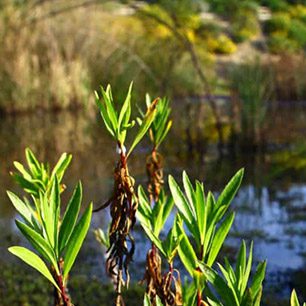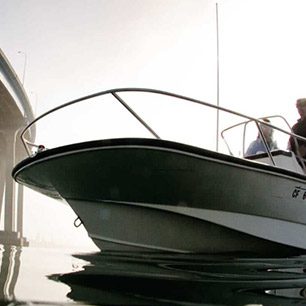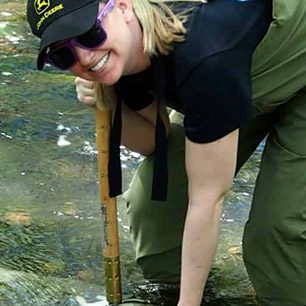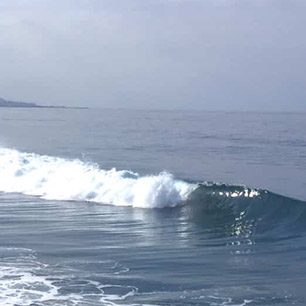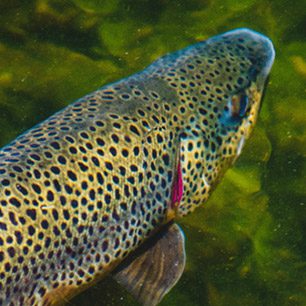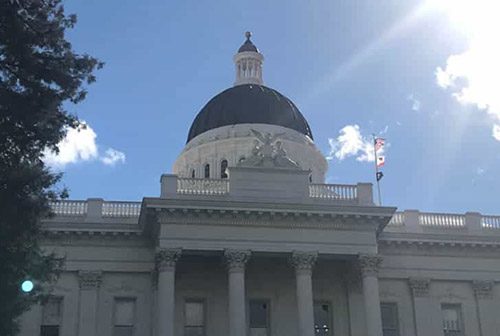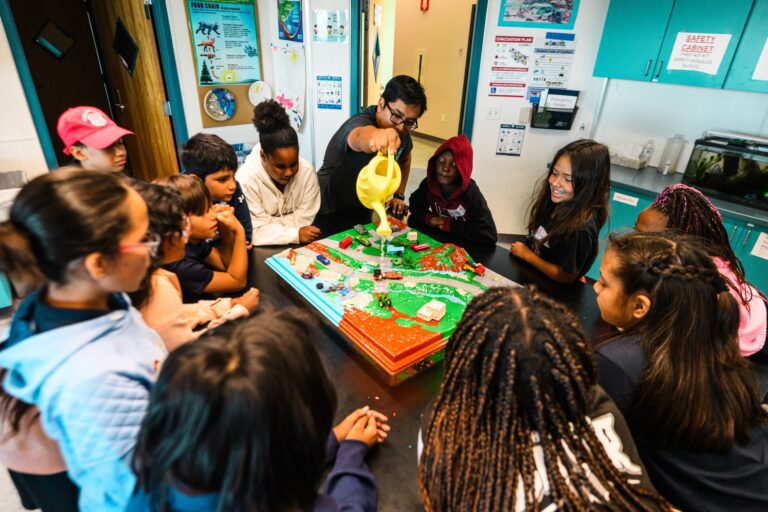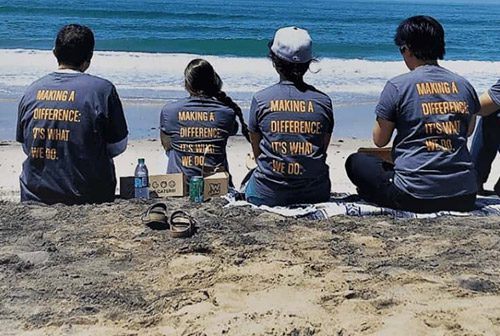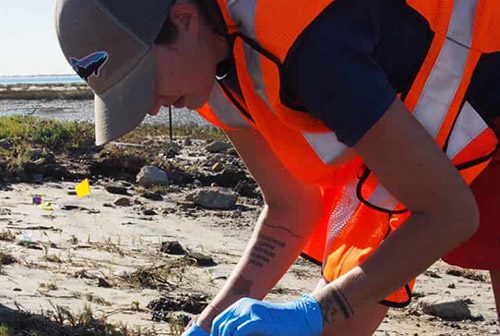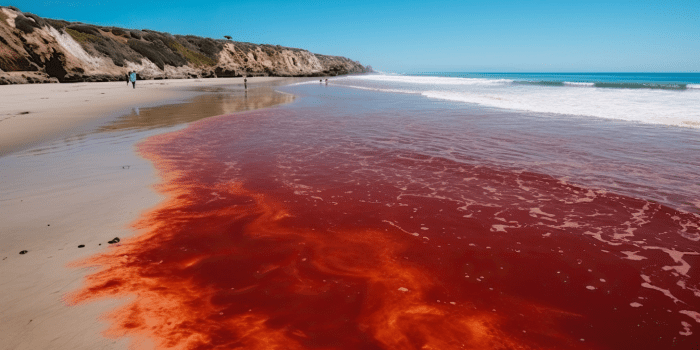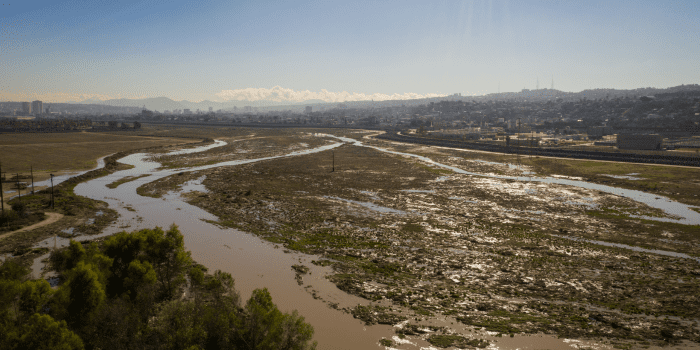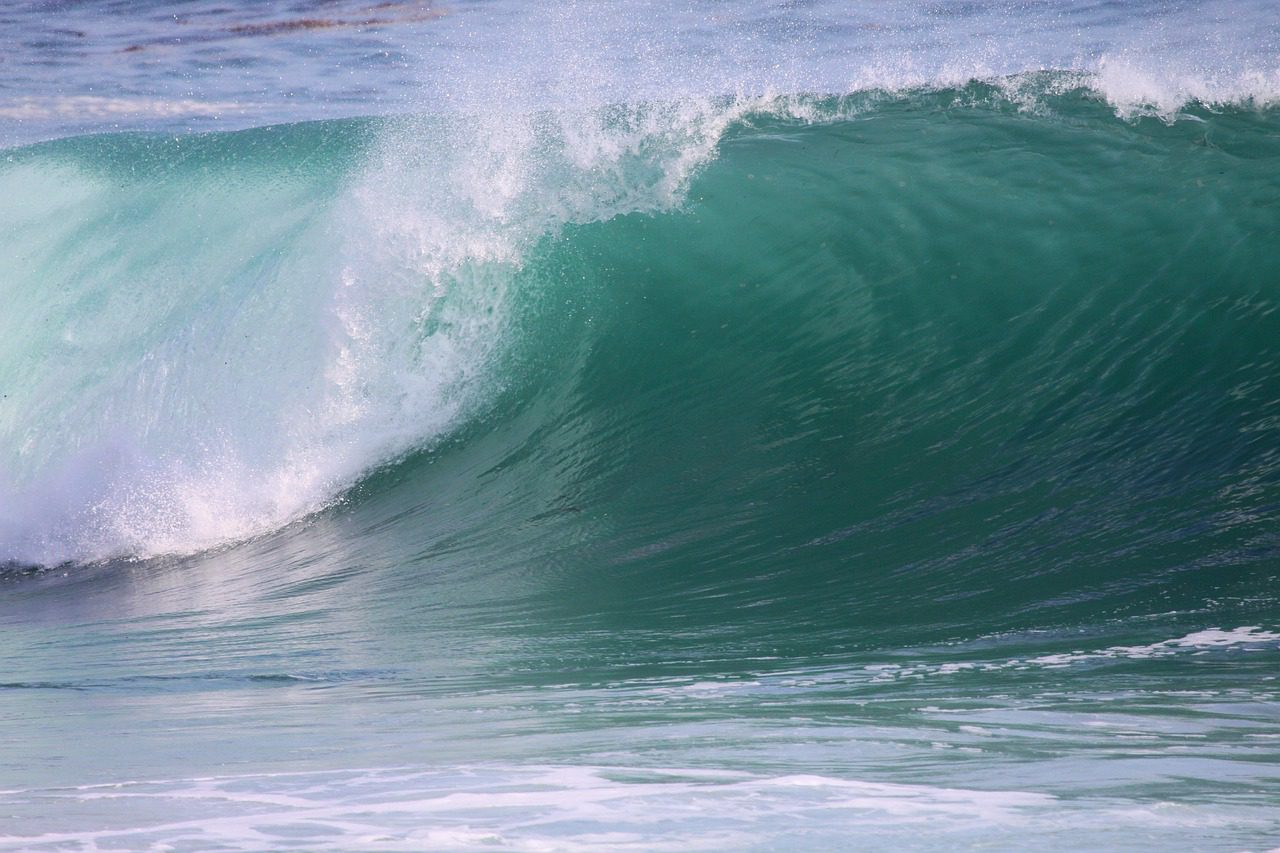At the end of each year, we take some time to look at all the items of trash beach cleanup volunteers found on San Diego’s beaches over the past twelve months. We look at the numbers, compare them to years past, and write up and share those results and our thoughts on our beach cleanup data analysis page.
We see a lot of single-use products littering our beaches. These items come into existence, serve one specific need for a very short amount of time, and are then often discarded into landfills, occasionally recycled, and all-too-frequently littered. If that single-use item was made from or contains plastic (as is the case with roughly 80 percent of the debris we find) – then it’s with us for good. Used just once and casually discarded, plastic wrappers, water bottles, straws, etcetera spend the rest of eternity in or on the earth and oceans.
There are many arguments to be made for using less plastic and fewer single-use items. Many of those arguments focus on the environmental impacts of the items after they’ve been used and discarded. After all, it’s hard not to feel emotional and motivated watching a video of a beautiful sea turtle with a plastic straw wedged deep up its nostril, wincing and flinching through a bloody eight minute effort the remove the straw with pliers.


But the environmental impacts of single-use plastics don’t start once the useful life of the product has come to an end. Rather, these items racked up plenty of impacts getting here in the first place.
According to watercalculator.org, a whopping 2,200 gallons of water is used per person per day in industrial processes to meet the needs of making everyday products in the United States. Each item we manufacture and use takes water and energy to get here. Let’s take plastic water bottles as an example. An average bottle of water takes 1.85 gallons of water to manufacture. We found 3,000 of them on San Diego beaches in 2018. In general, it takes 24 gallons of water to manufacture a single pound of plastic.
We’d love to see a world were more people made more sustainable choices over convenient choices. We’d love to find exactly zero plastic water bottles on our beaches – and not because they were just disposed of “properly,” but because they were never manufactured in the first place, at almost two gallons of water a pop.

